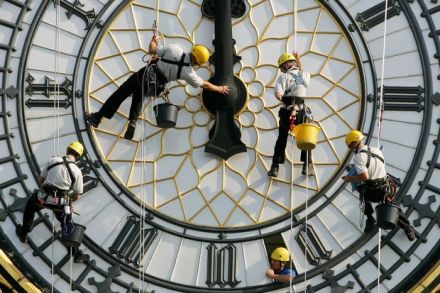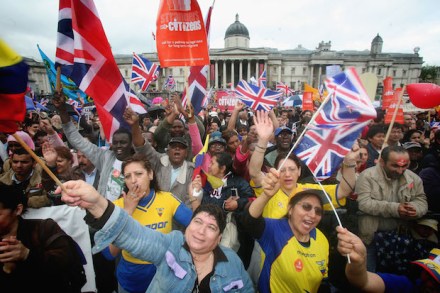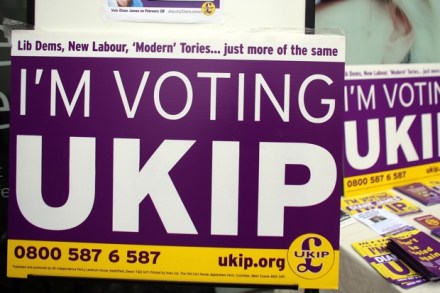Political tribalism at its worst
If you want an illustration of just how damaging tribalism can be in politics, look no further than this Westminster Hall debate, held yesterday. Labour’s Lisa Nandy had organised it, which was on ‘effects of government policy on UK poverty’, partly, it seems to raise some stories from her constituency about benefit sanctions that had been unfairly applied, and partly, presumably, to take a few party political pot shots at the Tories. That’s fair enough with an election coming up, and it would have been fair enough for the Tories in the debate to defend their record robustly. What doesn’t seem to be fair enough or indeed at all sensible is


















